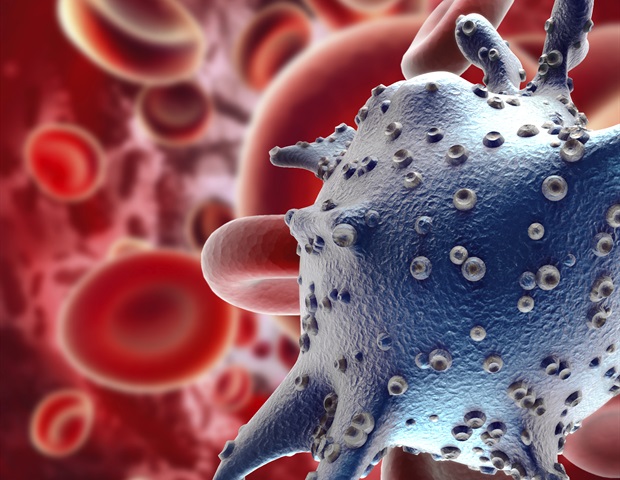
Current findings from a examine on prostate most cancers in Eire reveal analysis disparities, particularly in city areas and center socioeconomic teams. Sufferers handled in public hospitals and concrete sufferers had been extra typically identified by way of opportunistic screenings.
This latest examine characterised illness presentation options, recognized elements associated to socio-demographic disparities in presentation following opportunistic screening, and make clear potential inequality challenges inside Eire’s healthcare construction. Addressing these gaps within the healthcare system might information future methods for equitable early detection.
Prostate most cancers is probably the most generally identified most cancers in males in Eire. It accounts for nearly 30% of whole most cancers circumstances in males. There have been 3,980 circumstances identified on common every year from 2019 to 2021 (supply: Nationwide Most cancers Registry of Eire). This interprets to a 1 in 9 (11%) danger of growing prostate most cancers earlier than the age of 75.
Early detection of prostate most cancers is essential for bettering outcomes and survival charges. The Irish Prostate Most cancers Outcomes Analysis (IPCOR) crew led by Affiliate Scientific Professor David Galvin, UCD College of Drugs, Mater & St Vincent Hospitals, supported by the Irish Most cancers Society and the Movember Basis, is targeted on bettering prostate most cancers care in Eire by making a complete nationwide database, assessing care high quality, and evaluating affected person experiences.
To do that, the IPCOR venture collected knowledge on demographics, analysis, and therapy of 6,816 males newly identified with prostate most cancers throughout 16 hospitals within the Republic of Eire from February 2016 to January 2020. These males had been seen within the urology clinic after opportunistic screening.
Opportunistic screening for prostate most cancers refers back to the apply of testing for the illness (normally by a blood check referred to as a PSA check) in males who go to healthcare suppliers for unrelated causes. It doesn’t consult with testing following scientific findings and or as a part of a screening programme.
Prostate-specific antigen, or PSA, is a protein produced by regular, in addition to malignant, cells of the prostate gland. The PSA check measures the extent of PSA within the blood.
This examine gives a complete national-level evaluation of prostate most cancers presentation disparities in Eire, protecting each rural and concrete populations and public versus personal healthcare sectors.
The kind of hospital was a key determinant in attending the urology clinic after opportunistic screening. Sufferers in public hospitals are 45.7% extra prone to be introduced following screening in comparison with these in personal hospitals.
City residents had been 34% extra prone to current following screening than rural ones. Nevertheless, sufferers in city areas are identified with extra superior prostate most cancers. One doable rationalization for that is that city healthcare methods are burdened by longer wait occasions, significantly within the public sector, resulting in delays in each analysis and therapy.
The findings spotlight the affect of healthcare entry inequalities, significantly for center socioeconomic teams and rural populations, on prostate most cancers presentation following opportunistic screening. They level to the necessity for focused interventions to enhance healthcare entry, providing actionable insights for policymakers and healthcare suppliers.
Commenting on the examine, Professor David Galvin stated, “By addressing these nuanced variations in entry to healthcare, socioeconomic standing, and concrete versus rural residence along with implementing tailor-made methods, we will work in the direction of closing disparity gaps in prostate most cancers care, in the end resulting in improved well being outcomes and fairness throughout all inhabitants segments”.
This examine contributes to the broader international dialogue on healthcare fairness in most cancers detection, significantly in international locations with blended public-private healthcare methods, akin to Eire.”
Professor William Watson, co-investigator and Conway Fellow, UCD College of Drugs
Dr. Noa Gordon who’s a part of the IPCOR crew carried out this analysis as a part of her Janssen-Movember Newman Postdoctoral Fellowship.
Supply:
Journal reference:
Gordon, N., et al. (2024). Are we there but? Closing the hole of prostate most cancers presentation disparities in Eire. Archives of Public Well being. doi.org/10.1186/s13690-024-01439-6.

